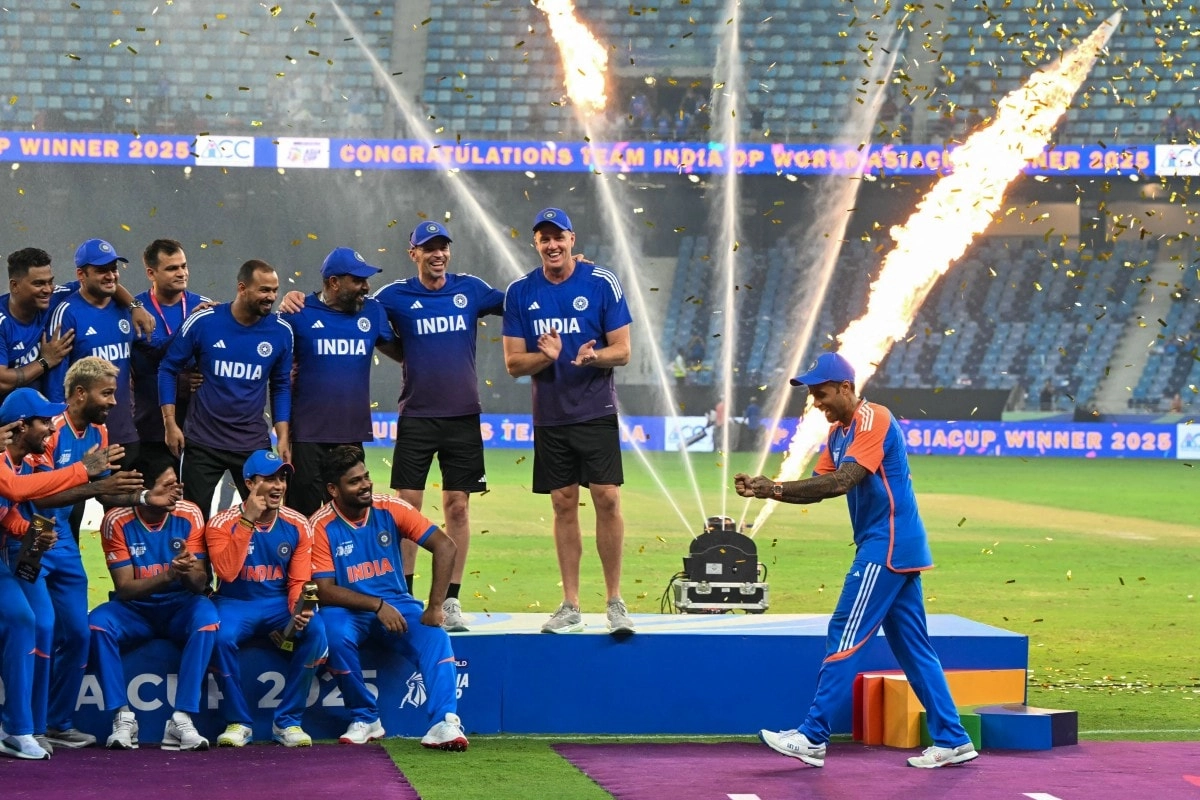The ongoing controversy surrounding the Asia Cup cricket tournament has escalated tensions between India and Pakistan, highlighting the complexities of sports diplomacy in the region. The Asia Cup, a prestigious cricket event that brings together some of the best teams in Asia, has often served as a platform for both sporting excellence and national pride. However, this year’s edition has been marred by political disagreements, with both nations entangled in a web of diplomatic strife that extends far beyond the cricket field. The clash of egos, fueled by historical grievances, has transformed a sporting event into a battleground for nationalistic sentiments, emphasizing how deeply intertwined politics and sports can become.
Central to this conflict is the question of venue and participation. India has expressed concerns over security if the tournament were to be hosted in Pakistan, while Pakistan seeks to assert its right to host the tournament on its soil. This disagreement has led to India’s decision to not travel to Pakistan, further exacerbating an already fraught relationship. The cricketing community, along with fans from both nations, finds itself caught in the crossfire of this heated dispute, as the prospects of a match between the two countries—a highly anticipated event—hang in the balance. The fervor with which both sides defend their positions underscores a deeper narrative that transcends cricket, reflecting the historical and ongoing tensions that define India-Pakistan relations.
The situation raises pertinent questions about the role of sports in fostering international relations. Cricket, often dubbed a religion in both nations, has the potential to bridge divides and promote goodwill; however, it can also serve as a conduit for displaying nationalistic fervor. As both nations grapple with the implications of their decisions, it becomes evident that the Asia Cup controversy is not merely about cricket, but rather a reflection of a larger geopolitical struggle. The absence of dialogue and the unwillingness to compromise could lead to a missed opportunity for reconciliation and unity through the shared love of the game.
Ultimately, the Asia Cup row is emblematic of a broader issue that extends beyond the playing field. It serves as a reminder of how sports can sometimes exacerbate existing tensions instead of alleviating them. As fans hope for a resolution that allows for a celebration of cricket, it is crucial for both governments to recognize the power of sports as a unifying force. In a region where conflict has often overshadowed cooperation, finding common ground through cricket could pave the way for a more peaceful coexistence. The stakes are high, and how India and Pakistan navigate this impasse may well set the tone for future interactions, both on and off the field.




